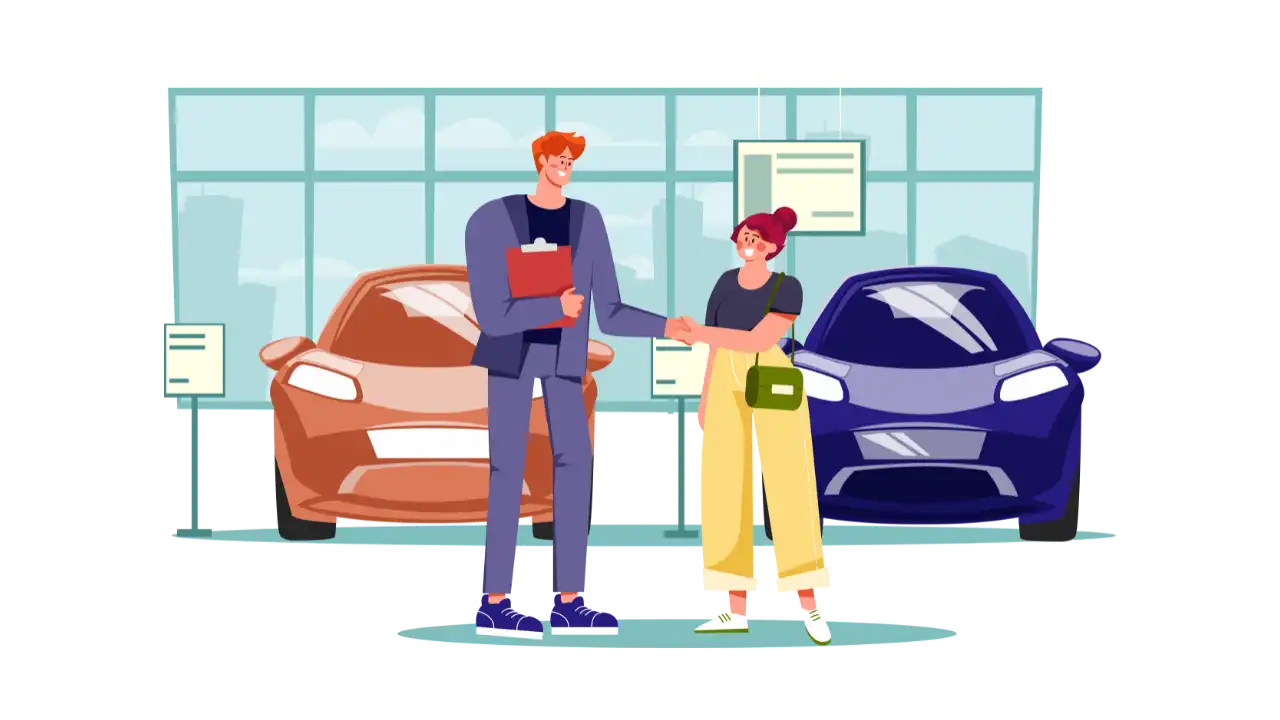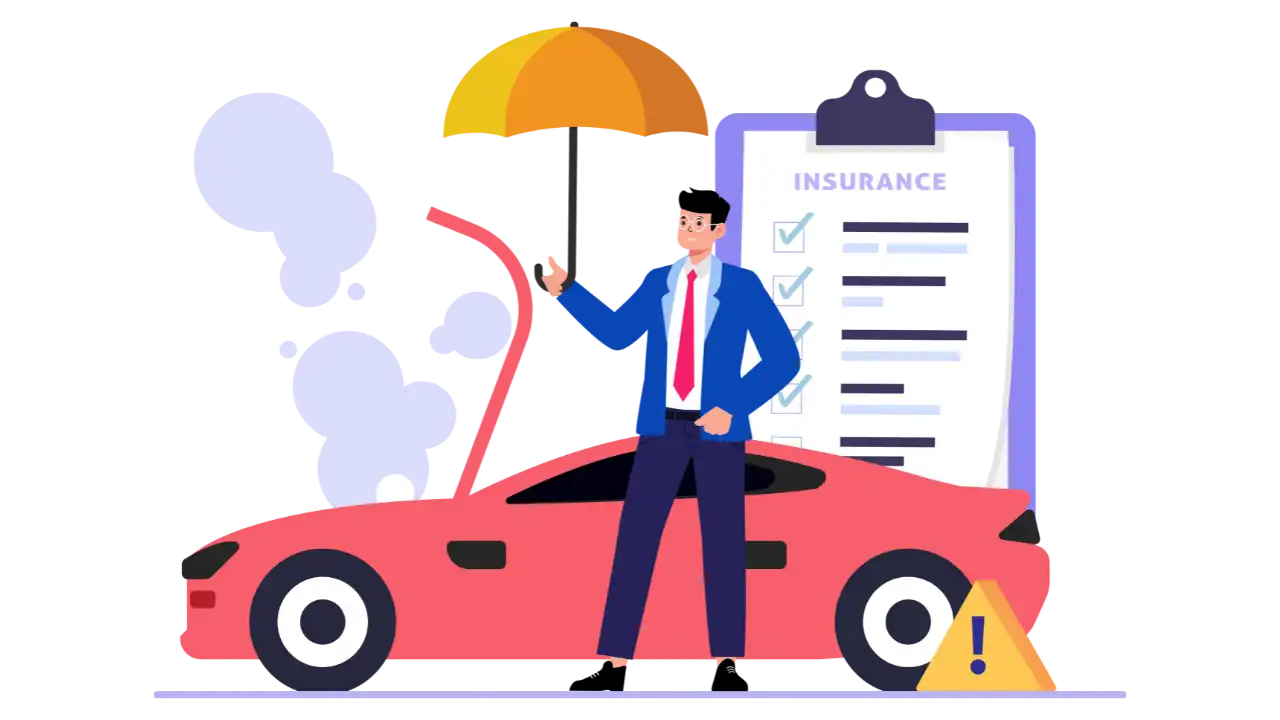Transportation Insurance
Ensure your transportation business is protected with essential coverage options like commercial auto insurance, cargo trailers, utility trailers, and more. Safeguard your operations from risks like accidents, lawsuits, data breaches, and property damage with policies such as business owner’s policies (BOP), workers’ compensation, and cyber insurance.
Choose the right coverage from trusted insurance providers.































Top transportation fields we insure
Don't see your profession? Don't worry.
We insure most businesses.
Smart Coverage for Auto & Truck Dealerships

Auto dealerships and truck dealerships face unique challenges like managing inventory, ensuring workplace safety, and delivering superior customer service. Travelers, the largest writer of commercial auto insurance, offers customizable solutions to protect against special insurance exposures, including property insurance and liability insurance.
With automotive technology advances and evolving American car buyers’ needs, dealerships must adapt to an ever-changing market. From 401(k) plans to key person protection, securing the right products and services helps businesses prepare for the future while staying focused on customers’ needs.
Essential Coverage for Transportation Businesses
In the transportation industry, having the right insurance policies helps businesses pay for costly risks like lawsuits, fires, storms, data breaches, and other damaging incidents. From my experience, these threats are real and frequent, so strong coverage is essential to keep operations running smoothly.
Business owner’s policy
Under this plan
Customer injuries
Damaged customer vehicles
Damaged business property
Commercial umbrella insurance
A policy like this boosts coverage by increasing the limits of general liability insurance, commercial auto insurance, and employer’s liability insurance. It helps protect businesses from expensive lawsuits related to multi-vehicle auto accidents, customer injury lawsuits, and employee injury lawsuits.
Under this plan
Customer injury lawsuits
Employee injury lawsuits
Multi-vehicle auto accidents
Commercial auto insurance
Under this plan
Weather damage
Vandalism and theft
Car accident repair costs
Cyber insurance
A policy like this helps protect automotive businesses from financial loss after data breaches or cyberattacks. It’s recommended for any business that stores customer credit cards or other personal information.
Under this plan
Fraud monitoring services
Data breach investigations
Customer notification expenses
General liability insurance
Under this plan
Accidental vehicle damage
Customer injuries at a repair shop
Slander and other advertising injuries
Worker’s compensation insurance
Under this plan
Employee medical expenses
Partial wage reimbursement
Lawsuits over employee injuries
Is Auto Insurance a Must for Transport Companies?

From my experience managing transportation clients, any business that owns a vehicle, whether it’s a car, truck, or heavy equipment, should absolutely consider commercial auto insurance. The kind of insurance you need depends on how your business operates, the type of cargo you move, and whether you tow items or use trucks regularly.
For those in the trucking industry, especially long-haul truckers who cross state lines, the Federal Motor Carrier Safety Administration (FMCSA) has strict requirements for owner-operators. It’s essential to check the laws in your state to understand what coverage is required, as rules vary depending on location and operation type.
What Affects the Cost of Transport Business Coverage?
In my work with transportation clients, I’ve seen that insurance cost depends on many things, and small businesses with fewer risks often pay less. The type of business, like a delivery service or moving company, the value of business property, the location, how many employees you have, and even your claims history all matter. Insurance companies also look at policy limits and deductibles when setting your rate, so choosing wisely can help control what you spend.
Getting Insured for Transport Work
Getting insurance for transportation companies is simple if you know what details to provide. Whether your business moves people, property, or even pets, you’ll need to share basic info like annual revenue, payroll, and specific risks.
You can easily complete a short application, compare quotes, and get proof of coverage through a certificate of insurance (COI). In my experience, working with licensed insurance agents helps match your policy to your state laws, contract requirements, and the real needs of your trucking or commercial transportation operations.
Two ways to start your coverage

Quotes online

Talk to an agent
Verified business insurance reviews
Hear from customers like you who purchased small business insurance.
Common Questions About Transportation Insurance
If your transportation business involves different kinds of work, additional insurance can offer crucial protection. Here are a few policies that might be beneficial:
- Business interruption insurance, also known as business income insurance, compensates for financial losses when your business stops operating due to incidents like a fire or storm.
- Employment practices liability insurance (EPLI) helps cover legal costs if a worker accuses your business of unfair practices or employee rights violations.
- Inland marine insurance protects goods in transit or awaiting distribution, as commercial property insurance only covers property at your main location.
- A mobile equipment endorsement to auto insurance can cover specialized equipment such as forklifts and tractors, used on public roads.
- Bobtail insurance covers truck drivers when driving without a trailer, typically between loads, and isn’t covered by standard commercial auto insurance.
- Non-trucking liability (NTL) insurance is important for covering accidents that happen when trucks are used for non-work activities, like personal errands or after a drop-off.
If you're a self-employed transportation business owner, you might think you don’t need insurance, but that’s a mistake. Sole proprietors and independent contractors often face the same risks as larger companies, but with fewer resources to recover from a lawsuit or incident. Here's why you should consider getting insurance:
- Clients and landlords may require you to carry insurance as part of a contract or lease.
- State laws often require commercial auto insurance for your business-owned vehicles.
- Personal auto policies won’t cover work-related driving, but HNOA (Hired and Non-Owned Auto Insurance) will.
- Insurance helps protect against catastrophic losses such as fires, burglaries, or lawsuits that could otherwise ruin your business.

"Highly recommend this service for transportation businesses! The coverage options are clear, and I feel secure knowing that my fleet and cargo are well-protected against unexpected events like accidents and data breaches. Easy to apply and affordable rates."